Research Papers/Articles
The European Commission plans to use real-world data from on-board fuel and energy consumption monitoring (OBFCM) devices to monitor the gap between official fuel consumption values and those observed during real-world driving. For obtaining reliable real-world data, it is necessary that OBFCM data be accurate.
Emissions Reduction Benefits of a Faster, Global Transition to Zero-Emission Vehicles
2022
Author(s): Sen A, Miller J
The members of the Zero Emission Vehicles Transition Council (ZEVTC) are committed to accelerating a global transition to ZEVs.
How Electric Ride-Hailing can Support Massachusetts’ 100% Electric Vehicle Goals
2022
Author(s): Slowik P
This working paper analyzes the anticipated timing and conditions for cost-effectively electrifying ride-hailing vehicles in Massachusetts. The analysis finds that electric vehicles can become the most cost-effective technology for ride-hailing drivers in Massachusetts in 2023–2025.
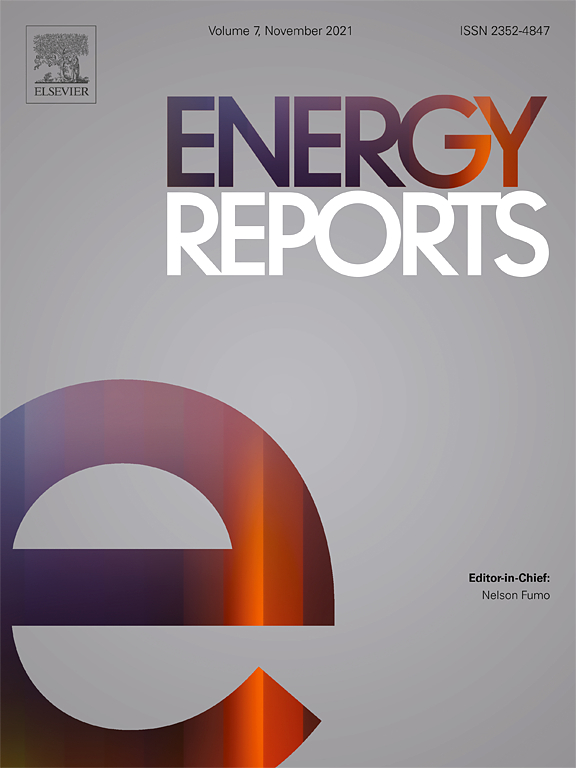
Overview of Batteries and Battery Management for Electric Vehicles
2022
Author(s): Liu W, Placke T, Chau KT
This article reviews the evolutions and challenges of (i) state-of-the-art battery technologies and (ii) state-of-the-art battery management technologies for hybrid and pure EVs.
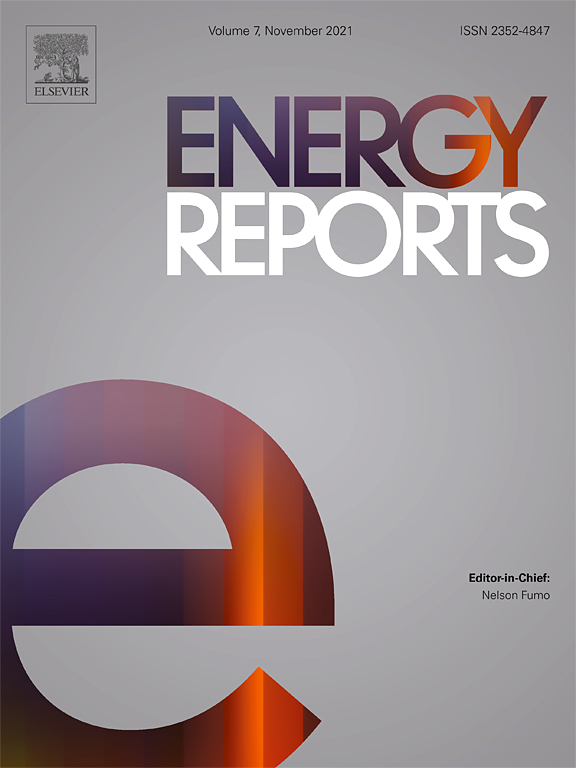
Development and Comparison of the Test Methods Proposed in the Chinese Test Specifications for Fuel Cell Electric Vehicles
2022
Author(s): Lan H, Hao D, Hao W, He Y
This paper compares the test methods for critical parameters in this specification with those used in the United States and Japan.
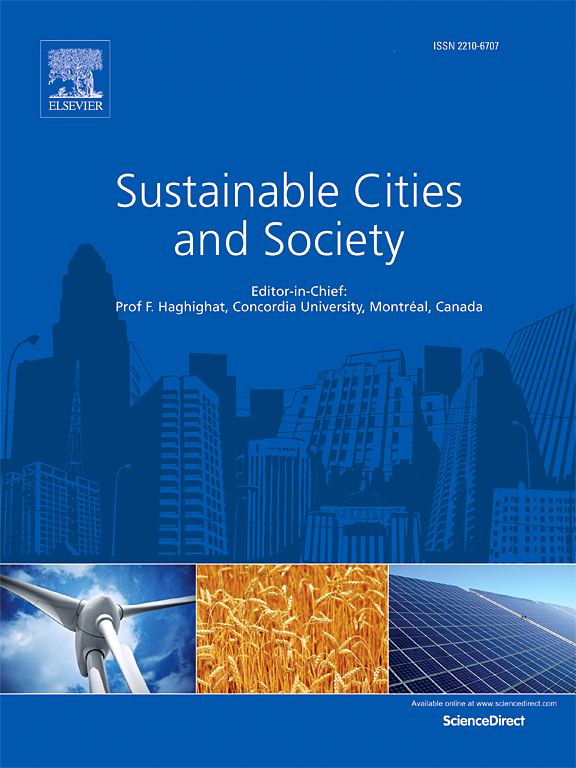
Resilience Enhancement Strategies For and Through Electric Vehicles
2022
Author(s): Hussain A, Musilek P
Electric vehicles (EVs) have the potential to reduce transportation-related emissions while simultaneously delivering a variety of services to the power system, including resilience during power outages.
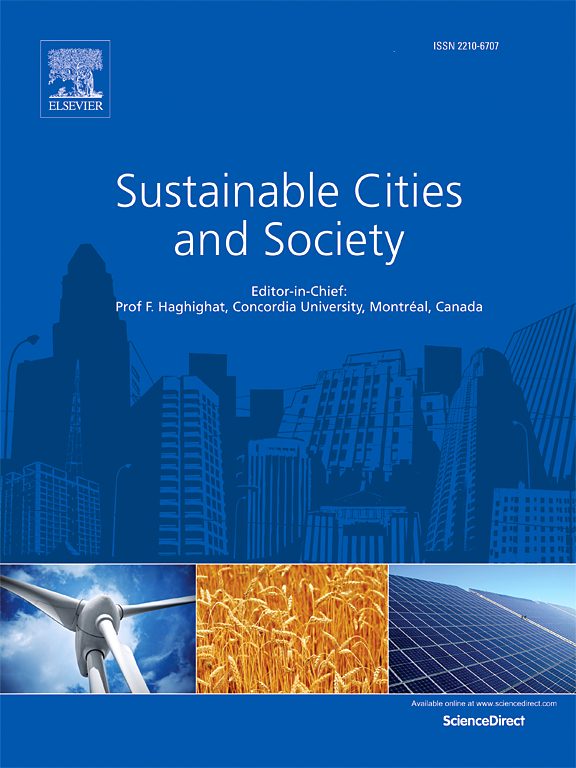
A Techno-Economic Energy Management Strategy for Electric Vehicles in Public Parking Lot Considering Multi-Scenario Simulations
2022
Author(s): Firouzjah KG
This study aims to look at the issue of charging and discharging electric vehicles in public parking lots while optimizing the parking benefit. A regulated charging/discharging scheduling technique is presented in this regard.
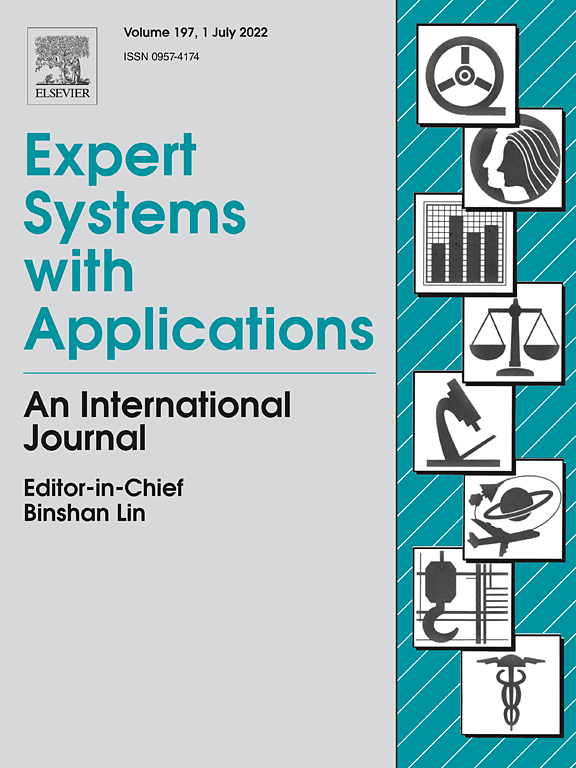
Electric Vehicle Charging Stations Emplacement Using Genetic Algorithms and Agent-Based Simulation
2022
Author(s): Jordán J, Palanca J, Martí P, Julian V
The increasingly evident incorporation of the electric vehicle in urban environments is an already undeniable change. Electric vehicles are appearing on the market with more autonomy and lower prices, which is facilitating the progressive change of the vehicle fleet.
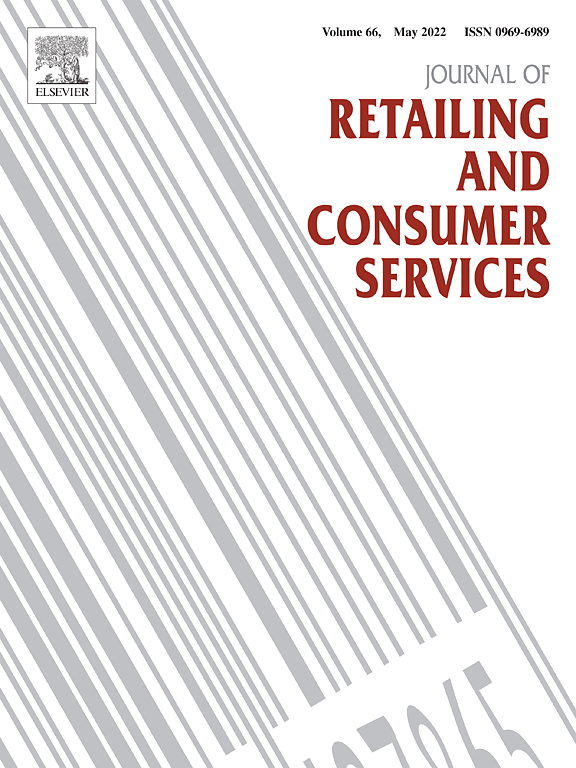
Who Will Adopt Electric Vehicles? Segmenting and Exemplifying Potential Buyer Heterogeneity and Forthcoming Research
2022
Author(s): Jaiswal D, Deshmukh AK, Thaichon P
The main aim of this study is to explore and identify distinct sets of potential buyer segments for EVs based on psychographic, behavioral, and socio-economic characterization by employing an integrated research framework of ‘perceived benefits-attitude-intention’.
Future of Electric Vehicles with Reference to National Electric Mobility Mission Plan at Tamil Nadu
2021
Author(s): Shrilatha S, Aruna K, Bhagavathy S, Chellaiah G, Gupta A
In the past few decades the personal vehicle commutation has been increased in India due to their lifestyle changes and standard of living. The carbon emissions from automobiles are the major cause of air pollution, including in India.



